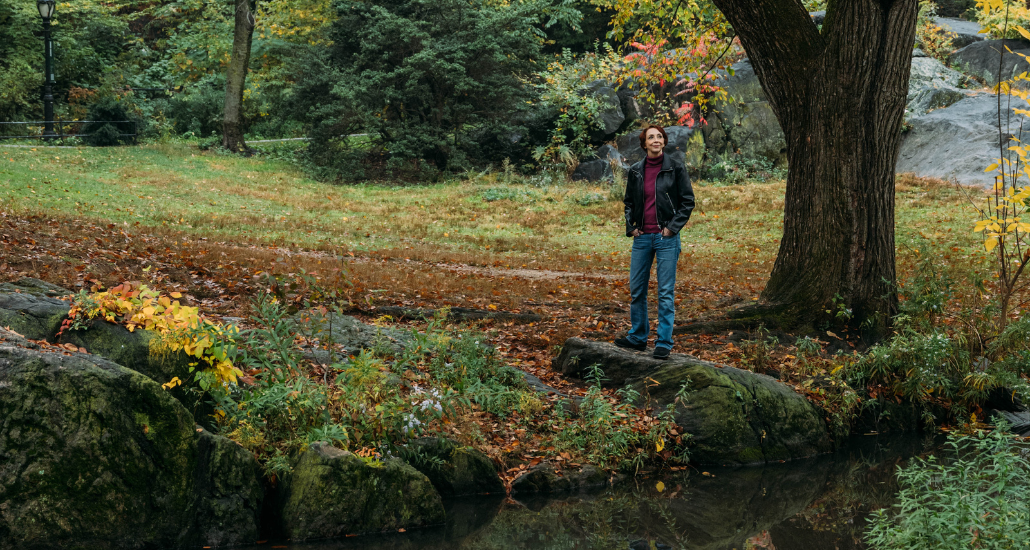We live in a time of death and rebirth.
Over a hundred years ago, William Butler Yeats wrote in his poem “The Second Coming” that things were falling apart and that “the best lack all conviction, while the worst/ are full of passionate intensity.”
He was writing about a world ravaged by the effects of World War I and the Great Influenza Epidemic of 1918, which had managed to reach just about every corner of the globe.
A century later, things are falling apart at a level Yeats couldn’t have imagined:
- The “passionate intensity” of hate builds paranoid communities on the internet.
- Political efforts to roll back rights for marginalized groups, ban books, and push the oppressed back into silence, show up in every news cycle.
- Our pandemics spread not just through ships, as they did in Yeats’ time, but through air travel, reaching everyone almost instantly.
- We’re disrupting global weather patterns in ways that are chasing people from their homes and may ruin every ecosystem we rely on.
But alongside and even within these frightening changes, something else is rising:
- People who’ve been attacked, marginalized, or silenced by mainstream society can finally speak up, using communication technology.
- We’ve seen a major shift toward social justice, and people are leaving fundamentalist organizations faster than ever.
- More and more people are questioning binary, “us versus them” divisions. Even the ultimate binary—gender—just doesn’t describe reality for many of us.
- The ideal of dominating nature, which has been constant for millennia, is shifting toward the ideal of preserving and restoring ecosystems.
I recently read an essay by Holly Whitaker, who compares this simultaneous destruction and creation to the moment when an individual “awakens.” This isn’t just about learning something new; it’s about a fundamental, radical shift in human consciousness.
Mere change is what a caterpillar does when it gets bigger. Awakening is the transformation of that same caterpillar into an altogether different creature—one that can fly.
When a human being awakens, the “caterpillar” we leave behind is the part that fears, suffers, attacks others, grabs for power, wealth, and status, and lives in terror of its own destruction.
The “butterfly” we become is at peace with both life and death, confident that the universe will provide for us, open to brilliant creative ideas that may pull us out of the mess we’ve created.
Ordinary humans, in our pain and fear, are destroying the world.
Awakened humans, in peace and creativity, can save it.
I believe that this is the time in human history when large numbers of us may undergo the awakening process.
It’s happened to individuals here and there since prehistory. Now, with a global “brain” of humans connecting us by the billions, it could happen to humanity as a whole.
I’ve spent my entire adult life studying this change. First I saw only the need for it. But the more I learned, the more I came to believe that it really will happen.
I like to think it is happening right now.
I suspect we all have our own roles to play in the awakening process. But I believe it must start, for each of us, with a personal transformation.
For the world to awaken at a broad scale, fast enough to restore what we’ve broken on this planet, you and I must start by transforming our own consciousness.
Neurologists now know that this is a real phenomenon, something that can be observed in the brains of people who have emerged from their own “falling apart” into a state of peace, joy, and compassion.
How do we manage this transformation?
I have been obsessed with this question my entire life. I don’t remember a time when I wasn’t thinking about it.
As a child I was haunted by the idea that I had to participate in a huge shift in the way humans think. As an undergraduate in Asian studies, then a graduate student in sociology, I pulled a thousand all-nighters trying to figure out how to cut through illusions and find my own peace.
I never expected this to turn into a career, but it did.
As I pursued anything that might help me awaken, I made mistakes, but I also stumbled upon methods and tools that helped me see through painful illusions, become psychologically healthier, and move more easily through the world.
I shared everything that worked—in books, hundreds of articles, and so many speeches I’ve long since lost count.
Today all those methods and tools form the basis of what I call Wayfinder Life Coach Training. To me, this feels like a rather silly label for my dead-serious drive to continue my own awakening and help others do the same.
In the short run and at a small scale, this process heals people’s hearts and lives. But it isn’t limited to that. Awakening can act like a virus. We’ve all seen how that works: at first with just a few cases, then a few more—and then, suddenly, a rising trend that goes almost vertical.
Things are falling apart, like a caterpillar in a cocoon. But they are also being reconnected, redesigned, and completely reorganized in the unseen center of our souls.
Maybe you share the feeling that things are falling apart. Maybe one of those things is you. It’s scary—and it’s exhilarating. We have no idea what’s waking up in us; what designs, abilities, wings, and joys we may experience once the transformation is complete.
I don’t know exactly what will happen as humanity awakens. But I know how to help it happen for you, and for people whose lives you touch.
And I know that there’s nothing else as fascinating and hopeful as dedicating ourselves to awakening—together.











4 comments
AT 12:00 PM
AT 12:08 PM
AT 12:29 PM
AT 11:27 AM